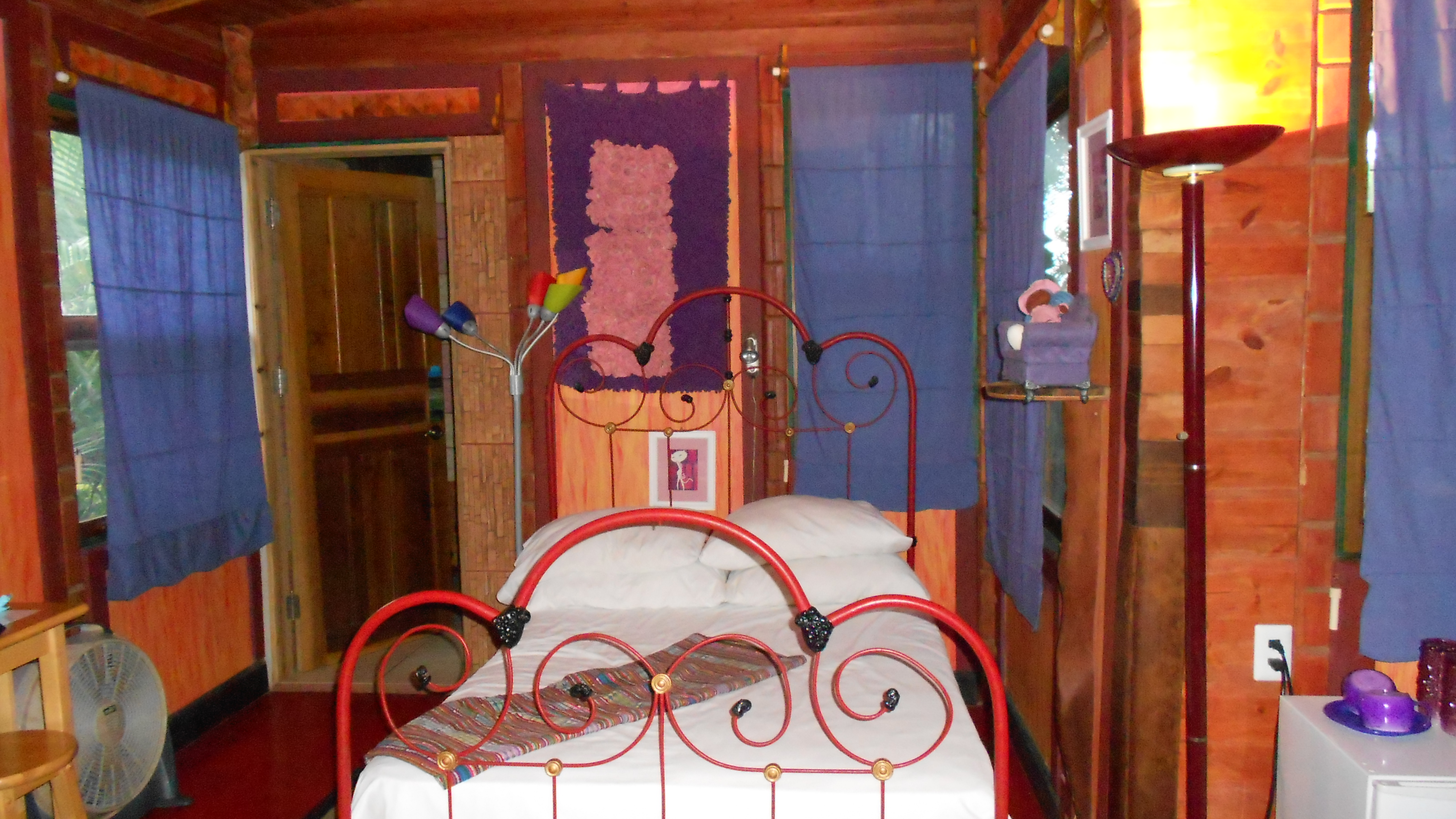As a family, we’d kicked the housing can down the road until we’d just about reached the end. We’d been blessed with general good health until the complications of age and reduced mobility brought us to research and strategize alternative housing.
My parents bought their current house in 1979 when they were still physically vibrant, going up and down three flights of stairs was absolutely no issue. Until this past April, both parents had slowed their gait, but were still able to amble around the house.
When Dad entered rehab after partial hip surgery, many questions arose, regarding which facility he’d enter after leaving rehab since his insurance only covers 100 days. He’s not yet ambulatory, and needs another affordable high-quality place that offers physical therapy.
Coupled with that concern, were questions about where one of my nephews, who has Asperger’s, will live. Throughout his 32-year life, he’s only ever lived with my parents or with his mother, but never on his own. The major hurdle is that he doesn’t know how to live independently and may very well need to live in a supported group home for the rest of his life.
As an only child, his peers are coworkers and 3 out-of-state first cousins who he’s not close to. Part of that emotional distance has to do with having Asperger’s, but in general, my nephew has never received on-going services outside of an academic setting to practice being sociable.
Recently, I surveyed him about his independent-living skills. For such things like shaving or doing laundry, he stated that he knew how to do them, but my sister filled in the details behind those answers. He’s only ever shaved himself once and goes to the barber every couple of weeks for the rest. As far as laundry is concerned, he washes clothes every few days, but the loads are very small since he’s still not clear on what constitutes a proper load of laundry.
Fortunately, my other sister has been studying real estate. As I’ve researched resources for adults with autism, one of the first things that I confirmed was that the current group homes had no vacancies. As a former public school teacher, I already knew that there was always more need than resources.
That dismal conclusion had a positive spin in the autism literature when it stated that families of people with autism often find creative solutions to form supported group homes.
I shared that suggestion with my real estate sister. We had an energizing conversation. She’d studied about government funding for such a place. She brainstormed about checking out hotel properties and talking to one of our first cousins who’d worked in a similar setting.
When I informed my nephew that his aunt and her family would be his future landlords, I saw the flicker of excitement in his eyes. He’d finally be able to take this milestone step of more independent living with support.
Speaking of support, Mom chose to pay the expense for Dad to remain at rehab a month longer. By that time, hopefully a chair lift will be installed, so Dad can go from their bedroom on the top floor to the kitchen/dining room/living room area, located on the second floor. Also, she’s researching attendant options since Dad will still need assistance with some daily living activities.
In the meantime, the rest of us, my sisters and Mom, continue to hold down the fort as we search for more support while arranging suitable accommodations for Dad and my nephew.

